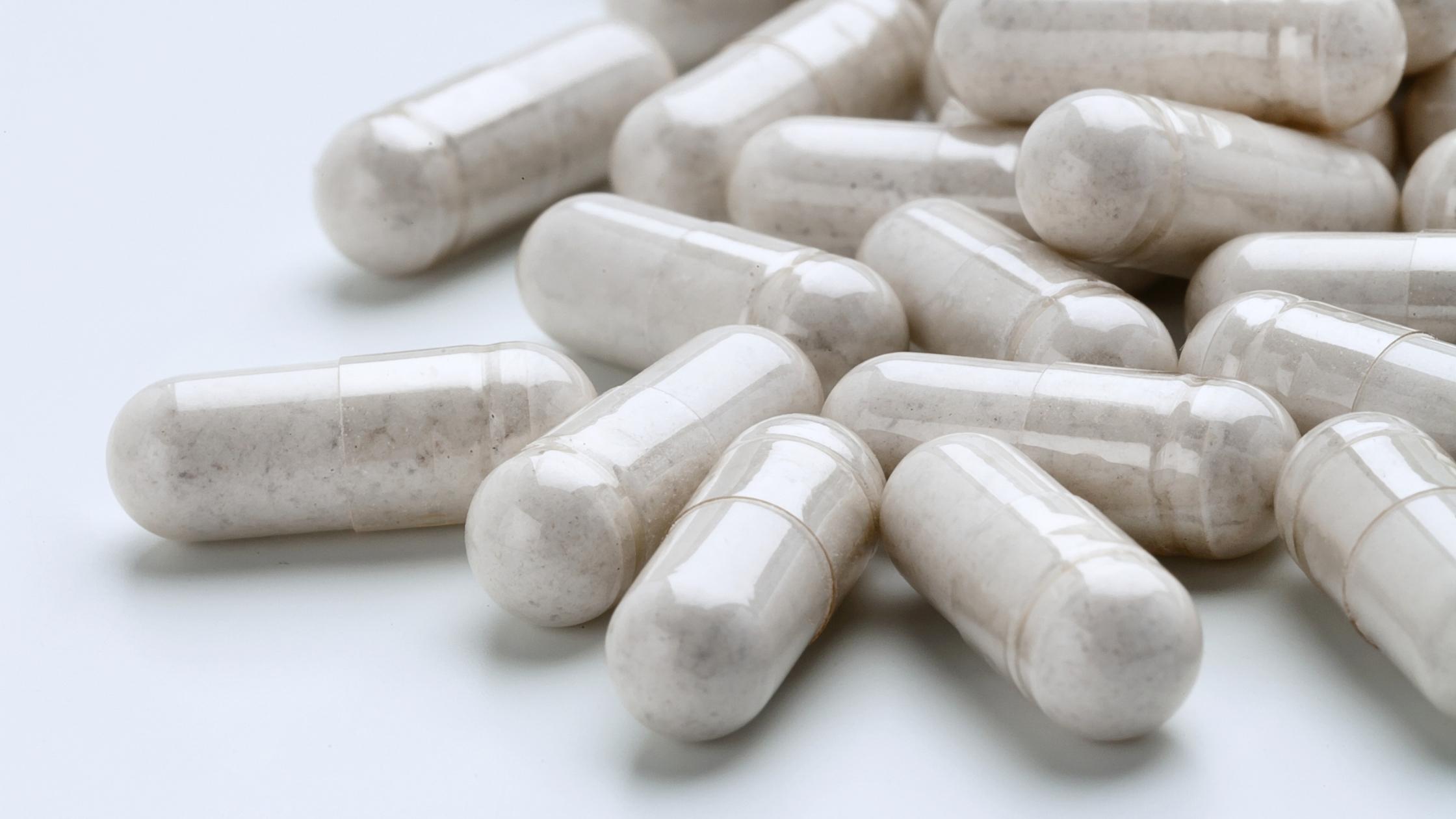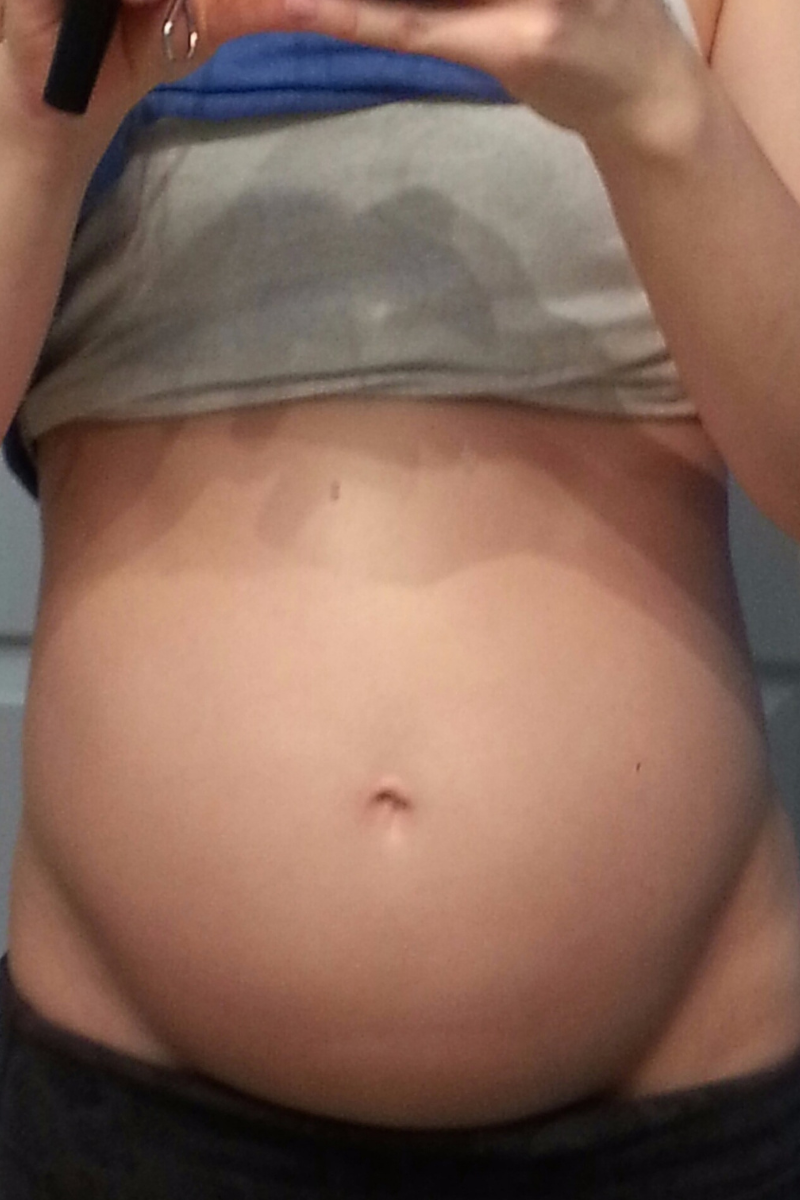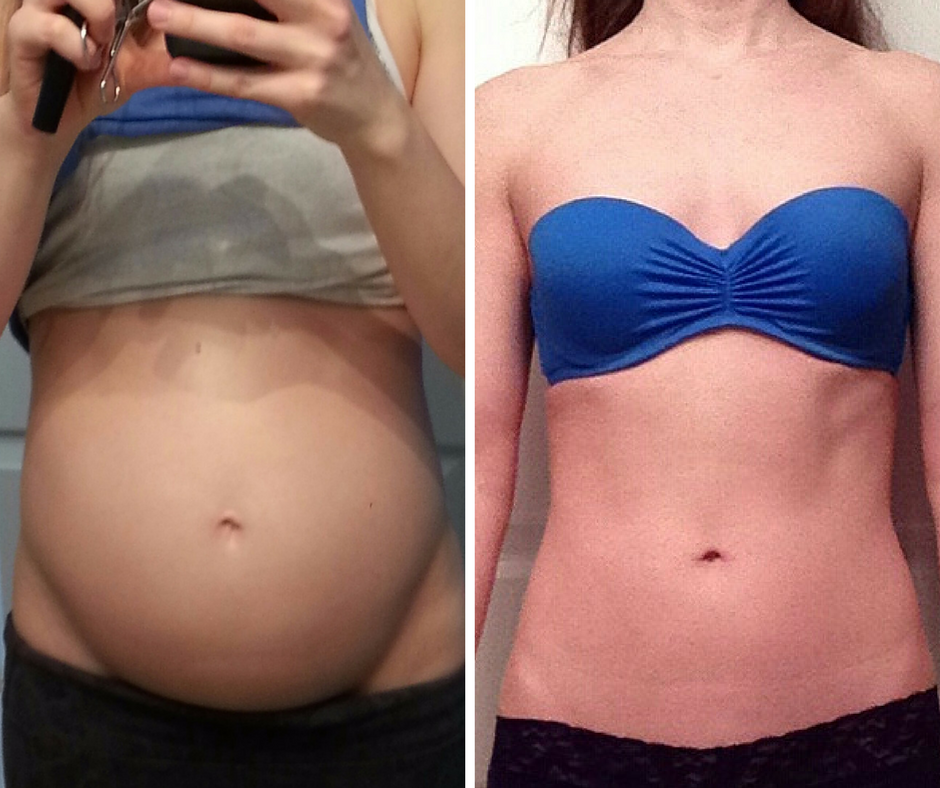Probiotics are microorganisms found in food and supplements that can provide great benefits for your digestive system. If you have IBS (Irritable Bowel Syndrome), you’ve probably been recommended to try a probiotic supplement to help with symptoms like gas, bloating, or changes in your bowel movements (such as diarrhea and constipation).
While probiotics can help alleviate IBS symptoms, there are several misconceptions surrounding them. It can be difficult to choose the right probiotic for your needs, and you may end up wasting time and money on one that isn’t effective or necessary. To help you make an informed decision, I’m sharing what you need to know about probiotics and my top recommendations for IBS.
Myth #1: Probiotics Can “Regrow” a Healthy Gut Microbiome
One of the biggest misconceptions about probiotics is that they can help “regrow” the good bacteria in your gut. Unfortunately, this is not true. Probiotics are transient, meaning they pass through your gastrointestinal tract, temporarily improving its environment, and are then eliminated in your stool. They don’t colonize, which means once you stop taking a probiotic, the good bacteria it provided will no longer remain in your gut (unless you already had them there).
The key to growing healthy gut bacteria lies in prebiotics. Prebiotics are specialized types of fiber that feed the good bacteria in your gut. They can be found in certain supplements like partially hydrolyzed guar gum (PHGG), lactulose, fructooligosaccharides (FOS), and inulin. Prebiotics are also found in plant-based foods such as beans, legumes, fruits, whole grains, and vegetables.
Prebiotics and IBS can be tricky, as they sometimes cause more gas and bloating. Working with a knowledgeable health practitioner to identify the best prebiotic sources for your gut can make a big difference.
Myth #2: A Probiotic Supplement Can Replace the Microbes Found in a Healthy Gut
While there are eight key species of good bacteria in a healthy gut, only two of them—Lactobacillus and Bifidobacterium—are typically found in probiotic supplements. Probiotics aren’t meant to fully replicate a healthy microbiome but can offer temporary support for your gut.
While probiotic supplements are beneficial, they should be seen as a supplement to, not a replacement for, a healthy diet. Your diet plays a far more significant role in cultivating and maintaining a healthy gut microbiome than any supplement.
Myth #3: More Strains = Better Probiotic
With over 80 different strains of Bifidobacterium and 170 strains of Lactobacillus, it might seem like you need to take as many as possible to see the benefits. But more strains don’t necessarily mean a better product.
The goal of using a probiotic is to choose a specific strain that addresses the symptoms or conditions you’re dealing with, not to overwhelm your gut with a large variety of strains. Adding too many different strains may not provide the benefits you’re seeking and can also drive up the cost of the product.
Myth #4: You Always Need the Highest CFU Count for Effectiveness
CFU (colony-forming units) is a measure of how many live microorganisms are present in a probiotic. Probiotics typically range from 100 million CFUs on the low end to 500 billion CFUs on the high end. As expected, the higher the CFU count, the more expensive the probiotic.
However, a high CFU count isn’t always necessary to experience the benefits of a probiotic. In fact, if you’re new to probiotics, starting with a higher CFU count (50 billion or more) can lead to increased gas and bloating. A more moderate range of 5 to 10 billion CFUs is often effective, and some low CFU probiotics, like BioGaia, are surprisingly powerful despite having a lower count.
Conclusion: Probiotics Can Help, But They Aren’t a Magic Cure
Probiotics can be helpful in reducing IBS symptoms, but they aren’t the key to cultivating a healthy gut microbiome on their own. To nourish your gut microbiome, a balanced diet rich in prebiotics should complement any probiotic supplementation.
When it comes to probiotics, you don’t need to splurge on an expensive product. Proven drug store brands like Culturelle, Florastor, and BioGaia are effective in reducing gas, bloating, diarrhea, and constipation—without breaking the bank.





+ show Comments
- Hide Comments
add a comment